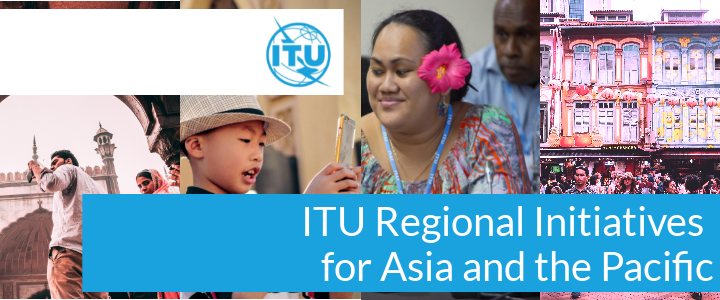
Objective
Critical technologies are rapidly being developed and deployed in Southeast Asia. However, there are significant gender implications of these technologies that could undermine women’s engagement and empowerment and the emergence of inclusive economies. Besides limited standards, frameworks, policies and initiatives, there is also a lack of awareness and knowledge among regulators, policy and law makers concerning these technologies and their implications.
Therefore, this project deploys a multi-stakeholder consultative and capacity development approach to build awareness and develop standards, frameworks, policies, and initiatives for implementation at national and regional levels to mitigate biases, build trust and create inclusive economies in Southeast Asia. This project will initially focus on four Southeast Asian countries to facilitate the development and implementation of regional frameworks, which countries can apply to their own national contexts while fostering harmony and cooperation through the region.
- Southeast Asian countries develop and implement critical technology standards, frameworks, policies, and initiatives that foster interoperability, innovation, transparency, diverse markets and security by design with the participation of various stakeholders.
- Southeast Asian countries coordination on critical technology standards, frameworks, policies, and initiatives is enhanced and effective.
- Government, industry, and civil society representatives in Southeast Asian countries have an increased awareness of and engagement with internationally recommended standards, frameworks, policies, and initiatives with respect to technology trajectories, economic advantage, and social implications.
Activities
The project is planned to run for three years from June 2021 – June 2024. In the first year, the project will commission research on the state of critical technologies deployment in Southeast Asia, with a focus on smart cities and AI, including facial recognition. Desk research will be conducted covering all of Southeast Asia while primary research will be conducted in the four primary target countries. These four target countries are being identified in consultation with member states. Additionally, the project will conduct foundational training and awareness raising based on this research, to raise awareness of the value of interoperability, innovation, transparency, diverse markets and security by design in the development and deployment of critical technologies. Finally, the project intends to identify key stakeholders and create a regional network of female policy makers, regulators and delegates in Southeast Asia is established and nurtured to share good practices and lessons learned as well as coordination and cooperation.
Fundamentally, the project hopes to foster an ecosystem where critical technology standards, frameworks, policies, and initiatives will be created and implemented at the national and regional levels throughout Southeast Asia. The project will specifically focus on female policy makers, regulators and civil society leaders, to ensure that the gender implications of critical technologies are incorporated.